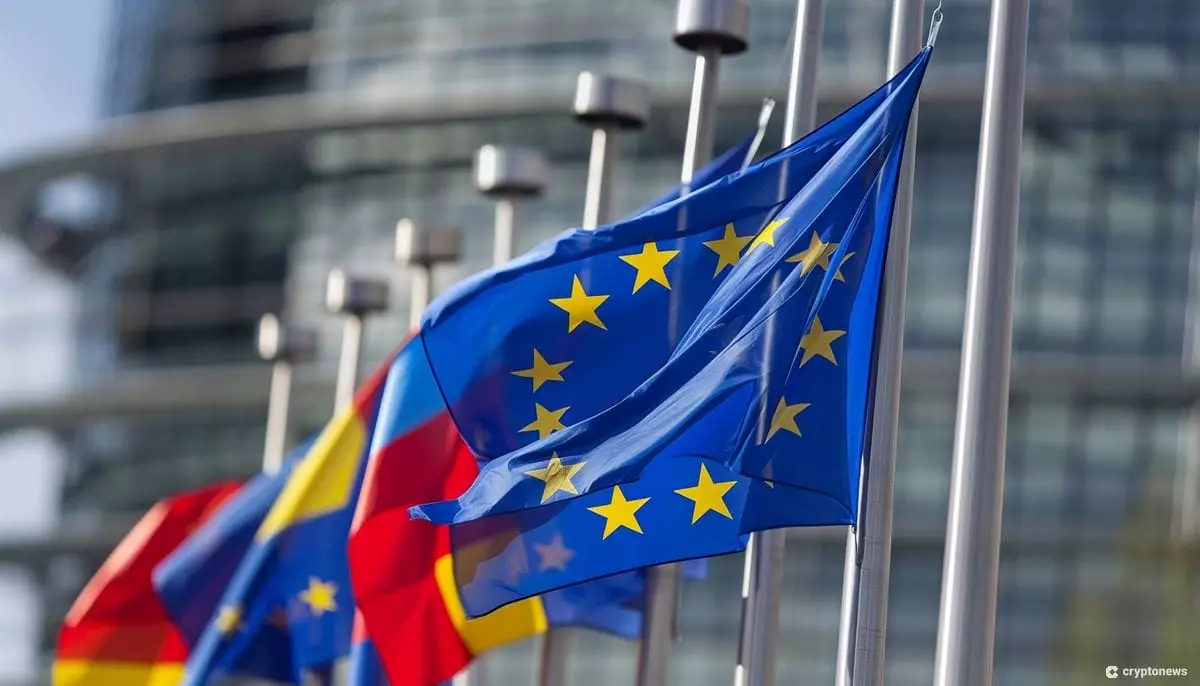The European Union (EU) recently introduced a new anti-money laundering regulation (AMLR) that will impact all crypto-asset service providers (CASPs) operating within its jurisdiction. The regulation aims to enhance the powers of Financial Intelligence Units (FIUs) to detect and prevent money laundering and terrorist financing activities.
One of the significant changes brought about by the new regulation is the requirement for enhanced due diligence measures by obligated entities, such as crypto exchanges and brokers regulated under the Markets in Crypto-Assets Regulation (MiCA). These measures include the reporting of suspicious activities to FIUs and conducting customer due diligence on transactions above €1,000.
As part of the regulatory overhaul, a new body called the Authority for Anti-Money Laundering and Countering the Financing of Terrorism (AMLA) will be established in Frankfurt. This entity will be responsible for supervising the implementation of the new legislation aimed at combating money laundering within the EU.
Patrick Hansen, Circle’s EU Strategy and Policy Director, took to Twitter to provide clarifications on how the new legislation would impact crypto asset service providers in the EU. He debunked misconceptions surrounding the regulation, emphasizing that it is not solely a crypto regulation but rather a comprehensive framework that applies to all obligated entities, including financial institutions and CASPs.
It is important to note that the new AMLR does not introduce entirely new requirements for CASPs but rather reinforces existing obligations related to know-your-customer (KYC) and anti-money laundering (AML) procedures. CASPs are already mandated to comply with standard CDD practices under the current anti-money laundering framework.
Under the new regulation, CASPs will be required to adhere to certain restrictions, such as prohibiting services to anonymous users by custodial crypto businesses and disallowing the provision of accounts for privacy coins. While these provisions may appear stringent, industry efforts have led to the adoption of a more flexible and risk-based approach to compliance.
One notable change in the regulation was the removal of a proposed amendment that would have limited merchant payments from self-custody wallets to €1,000. This amendment was omitted from the final version of the regulation, providing CASPs with more flexibility in conducting transactions.
The EU’s new anti-money laundering regulation represents a significant step towards enhancing transparency and accountability within the crypto-asset industry. By imposing stricter compliance measures on CASPs, the regulation aims to curb illicit financial activities and strengthen the integrity of the financial system. It is imperative for crypto service providers to familiarize themselves with the new requirements and ensure timely compliance to avoid potential penalties and regulatory sanctions.


















